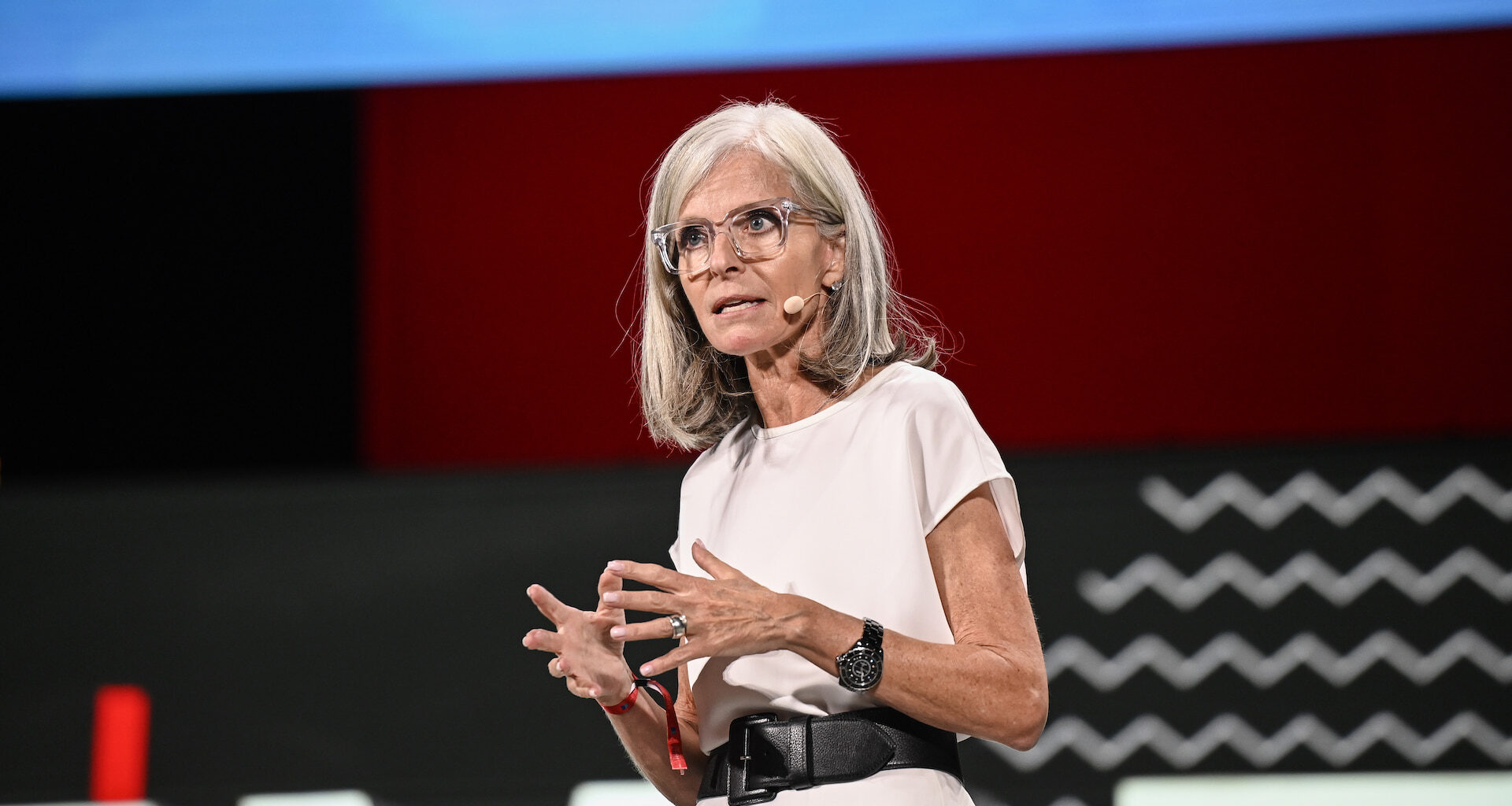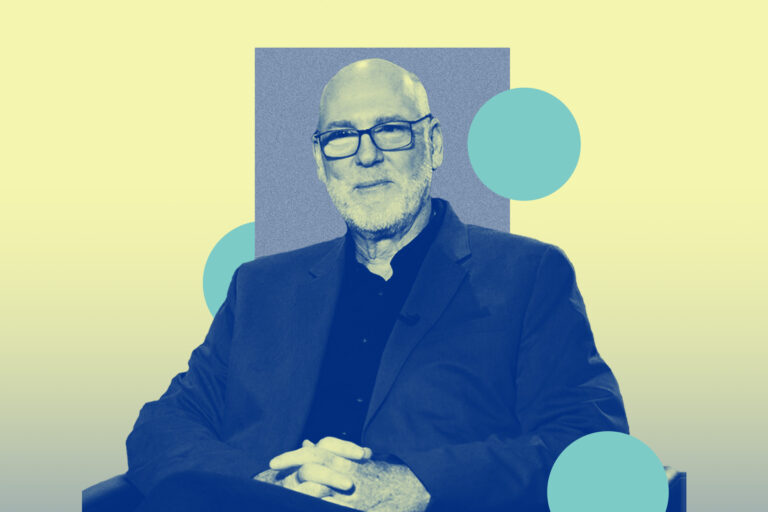The Business Development Bank of Canada (BDC) is trying something new to tackle twin problems in the small-business world: too few women-led companies and too many business owners looking to sell.
On Monday, the Crown corporation announced its $50 million Thrive Entrepreneurship Through Acquisition Fund, which will provide financing and mentorship to women who want to acquire and lead established businesses.
The initiative is part of an emerging practice in M&A known as a search fund or entrepreneurship through acquisition. The model involves investors paying an entrepreneur while they find a business to buy and ultimately take over as CEO. The investors help finance the acquisition for an equity stake in the business.
Talking Points
BDC has launched a $50 million search fund to connect women entrepreneurs with companies to acquire and take over as CEOs
The initiative is designed to increase the number of women-owned companies, while capitalizing on a looming ownership transition, with more than one in six small- and medium-sized businesses expected to change hands in the next five years
BDC’s fund is designed to capitalize on a looming ownership transition, with more than one in six small- and medium-sized business owners expected to sell or close their business in the next five years—or 142,000 entrepreneurs by BDC’s count. By backing women as buyers, BDC hopes to lift the share of female-owned SMEs, which stands at just 19 per cent. “There’s a huge opportunity there to rebalance the equity within the ownership space,” said Sévrine Labelle, managing director of the Thrive Lab, the division of BDC that supports women entrepreneurs.
The fund will provide $40 million in direct investments to women acquiring businesses. Some of the money will go to recipients raising their own search fund—a pool of capital they raise from a group of investors to finance their search for a company to buy, and the purchase itself. BDC may also invest directly in an acquisition. In either case, the bank would take some ownership of the business, though never a majority stake.
Related Articles
The remaining $10 million will go to Canadian private equity funds that have committed to using the capital to finance women-led acquisitions. The private equity partnerships are the first piece of the search fund initiative, said Labelle. BDC is in due diligence with three funds, she said, though no deals have officially been signed.
The model borrows from search funds in the U.S. and Europe, where business schools like Harvard, Stanford and INSEAD use the framework as an alternative to starting a business from scratch. “There’s no reason why we shouldn’t build the same here in Canada,” said Labelle.
The idea is gaining some traction in Canada. In 2023, B.C.-based Regenerative Capital Group launched a fund and incubator dedicated to training new CEOs and finding them companies to acquire with Regenerative’s financing. One of the firm’s CEO-in-residence, Jessica Cullen, has made two acquisitions this year.
BDC’s fund is targeting mid-sized Canadian firms with annual earnings of $1 million to $5 million before interest, taxes and depreciation—businesses strong enough to set up a new CEO for success, but that still have room for growth, said Labelle. These companies are often too expensive for an individual buyer to purchase with their own money and a bank loan, yet too small to draw interest from private equity firms. Many are run by owners nearing retirement, who are considering succession plans.
Good candidates for the program range from seasoned managers or repeat entrepreneurs to recent MBA grads keen to run their first company, said Labelle. They don’t necessarily need past CEO experience, just the leadership skills and financial savvy to steer a profitable firm. “This is a fabulous way to get into the CEO role quickly and at the helm of a company that is already profitable,” she said, “and yet still has [room] to grow.”



